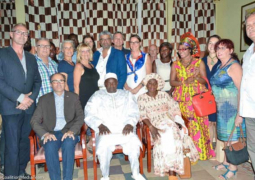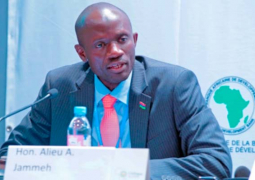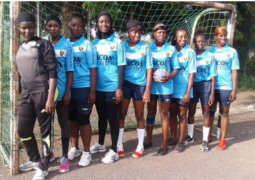A programme entitled “Gender Equality and Women Economic Empowerment, 2017-2021,” was launched recently by the Gambia government and the UN System in the country.
Speaking at the launching ceremony, held at the NaNA conference hall in Kanifing, the deputy permanent secretary at the Office of the Vice President said the national development priority of the government, as contained in Vision 2020, is aimed at improving the quality of life and living standard of the Gambian people.
Abdoulie Bah said this is being achieved through poverty alleviation efforts, particularly on women, girls and young people.
According to Bah, Gambian women are already empowered as they have access to education, ante-natal care and reproductive health, including social economic and environmental justice.
He said the formulation of the women empowerment project came as a result of the government’s request to UNDP, for technical and financial support to formulate a comprehensive project proposal targeting women farmers.
The project was designed to improve women’s economic status by involving them in sustainable livelihood development initiatives, that require capacity development and imparting in them new knowledge and relevant skills.
Mr Bah said sustainable development demands securing sexual and reproductive health and reproductive rights, gender equality and the empowerment of women and girls.
Kunle Adeniyi, chief of operations at UNFPA Gambia, said the newly-launched joint programme seeks to empower women and communities, in a bid to address current gaps in women’s timely access to information and services on sexual and reproductive health, including family planning.
The programme also seeks to increase women’s efforts for the total abandonment of FGM and other forms of gender-based violence, enhance women’s participation and contributions in decision making and governance, improve the business management and entrepreneurship skills of women and reduce the prevalence of HIV and AIDS.
“The programme will address issues of gender inequality to advance male support and engagement success and long term sustainability,” Mr Adeniyi said.
“Previous programmes in the area of women, gender and development have revealed that women empowerment cannot be achieved in isolation, rather than through the involvement and the support of men.”




